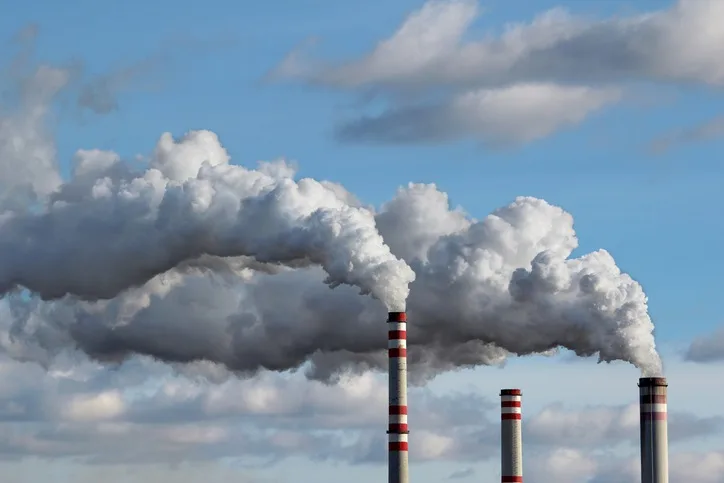
Report: Cutting fossil fuels could save millions of lives
Slashing fossil fuel emissions could prevent millions of premature deaths caused by air pollution, according to a new report.
An international team of researchers estimates that more than 3.6 million people worldwide die annually due to outdoor pollution caused by fossil fuels, which include coal, oil and natural gas.
According to the Environmental Protection Agency in the U.S., fossil fuels account for roughly 78 per cent of worldwide greenhouse gas emissions.
The study was published Monday in the Proceedings of the National Academy of Sciences.
Previous studies suggest that even short-term exposure to air pollution can increase a person's risk of developing serious health conditions.
Spring is here! Check our official report to see what the season has ahead, plus get an EXCLUSIVE sneak peek at Summer 2019!
A 2014 paper out of the London School of Hygiene and Tropical Medicine, for example, looked at over 400,000 cases of a specific type of heart attack called a myocardial infarction, as well as more than 2 million emergency hospital admissions and 600,000 deaths that were linked to cardiovascular disease.
Different types of pollutants were taken into consideration, including carbon monoxide, nitrogen dioxide and PM2.5 -- air pollutants with a diameter of 2.5 micrometers or less, making them small enough to invade person's airways and is created mainly through burning things, like fossil fuels.
PM2.5 was the only pollutant that researchers could clearly link to adverse heart health. In the study, the toxic particulate was linked to irregular heartbeat and the development of lung clots.
Researchers at the World Health Organization (WHO) say the more people are exposed to damaging air particulates the higher their risk of developing a wide variety of diseases, including lung and bladder cancers.
WHO has called air pollution the 'single biggest environmental health risk'.






